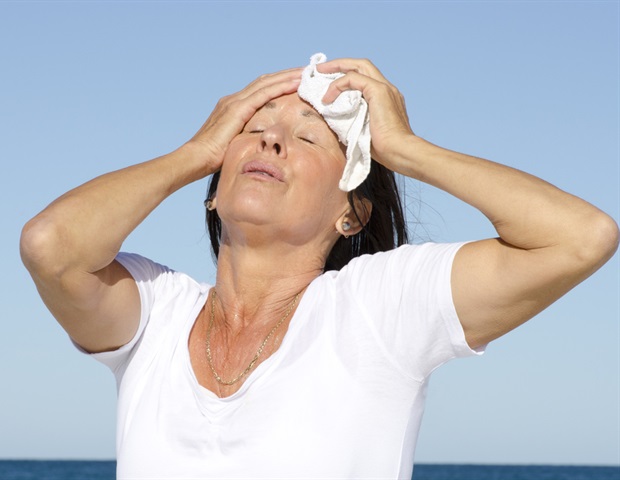Recent findings from UVA Health and the Flo women’s health app reveal that over half of women aged 30 to 35 are already experiencing moderate to severe symptoms of menopause, yet many postpone seeking treatment for decades.
This research highlights the critical phase known as “perimenopause,” the transition leading up to menopause. A common misconception among women in this age group is that they are too young to experience menopausal symptoms, believing these will only manifest in their 50s. The researchers emphasize that this misunderstanding may cause unnecessary suffering.
“Physical and emotional symptoms related to perimenopause are often overlooked and insufficiently researched. This study is vital to enhance our understanding of these symptoms’ prevalence and their effects on women, as well as to raise awareness among healthcare providers and the broader community. Understanding the progression of perimenopausal symptoms can guide women and their healthcare professionals in managing this significant life phase,”
Jennifer Payne, MD, study co-author and expert in reproductive psychiatry at UVA Health and the University of Virginia School of Medicine
Understanding Perimenopause
The study examined self-reported symptoms from over 4,400 American women aged 30 and above who completed an online survey via the Flo app. Among women aged 30 to 35, 55.4% reported symptoms categorized as “moderate” or “severe” according to the Menopause Rating Scale (MRS), with this figure rising to 64.3% for those aged 36 to 40. However, most women do not seek treatment until they reach the age of 56 or older.
“Our findings reveal that a significant number of women, typically assumed to be too young for perimenopause, report high levels of symptoms associated with this transition,” said Liudmila Zhaunova, PhD, director of science at Flo. “It is essential that we continue researching to better understand these experiences so that women can receive the care they deserve.”
The research identified that psychological symptoms such as anxiety, depression, and irritability often arise long before physical manifestations. These mental health concerns peak in women aged 41-45 and decline after the age of 56.
In contrast, physical issues including sexual dysfunction, bladder problems, and vaginal dryness become more pronounced in women aged 51 and older, while being least prevalent among those aged 30 to 35.
Classic menopausal symptoms, like hot flashes and perspiration, peak between ages 51 and 55, with minimal occurrence in younger women aged 30 to 35.
The researchers aspire for their findings to bridge what they describe as an “alarming gap” in the understanding of perimenopause, ultimately improving the care and support available to women approaching menopause.
“This study is significant as it charts the trajectory of perimenopausal symptoms, illustrating when these symptoms typically occur and highlighting that women are experiencing them earlier than previously believed,” Payne stated.
Research Publication
The study’s findings have been published in npj Women’s Health, and the research team, consisting of Adam C. Cunningham, Yella Hewings-Martin, Aidan P Wickham, Carley Prentice, Payne, and Zhaunova, emphasizes the importance of this work. Payne serves as a consultant for Flo Health.
Source:
University of Virginia Health System
Journal reference:
Cunningham, A. C., et al. (2025). Perimenopause symptoms, severity, and healthcare seeking in women in the US. npj Women’s Health. doi.org/10.1038/s44294-025-00061-3.


